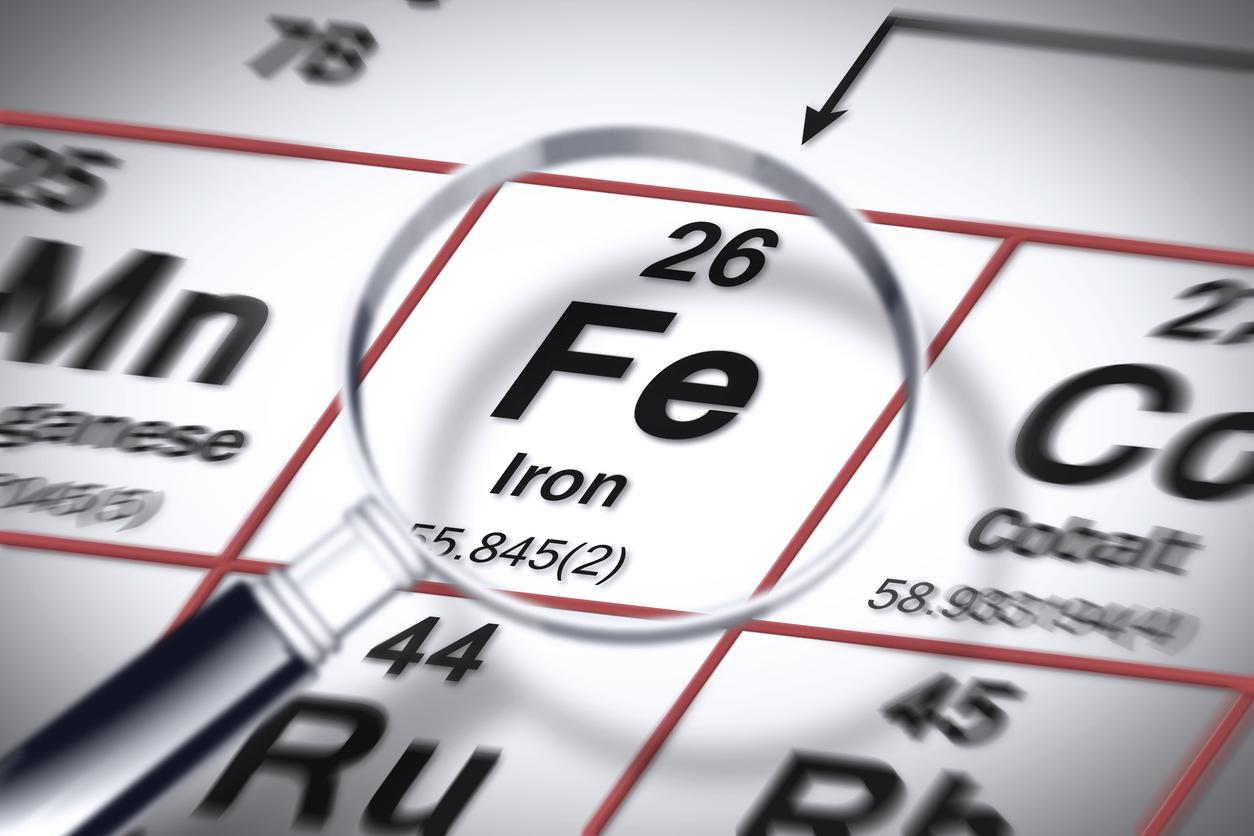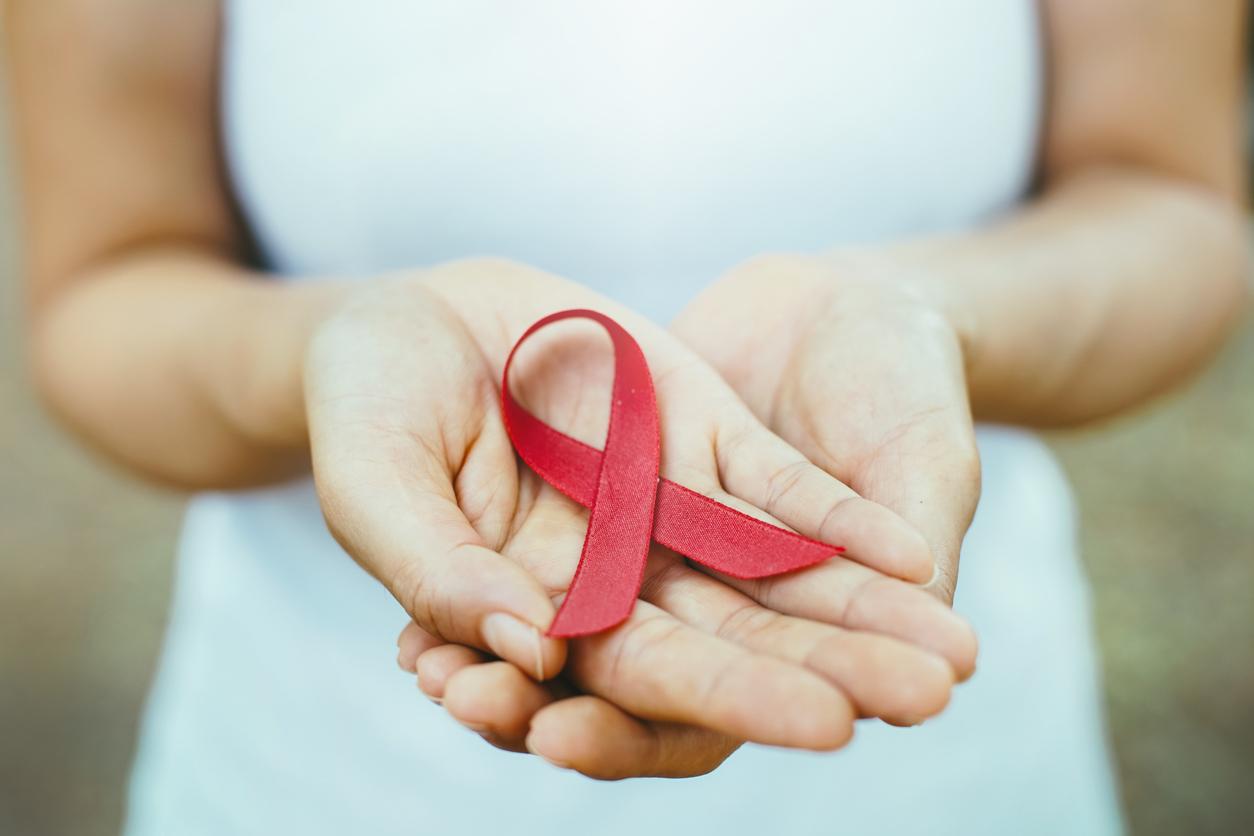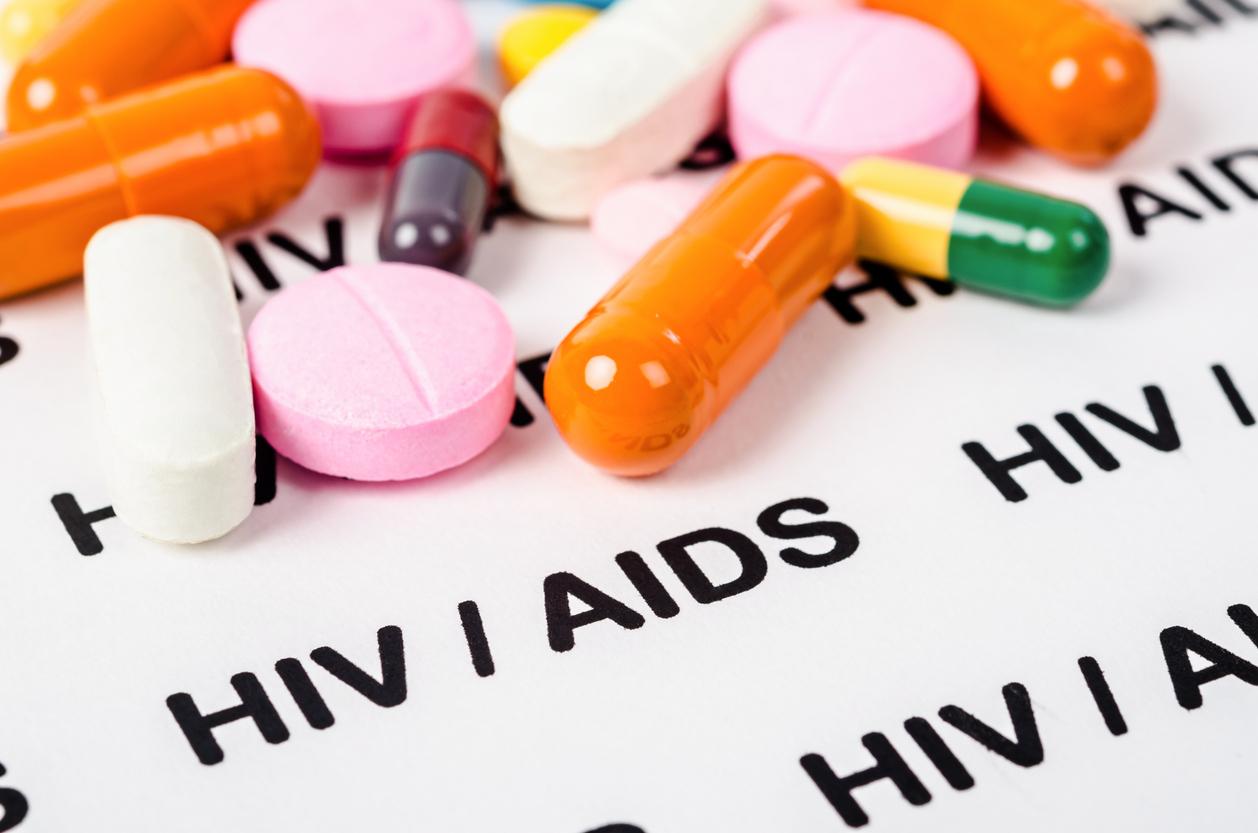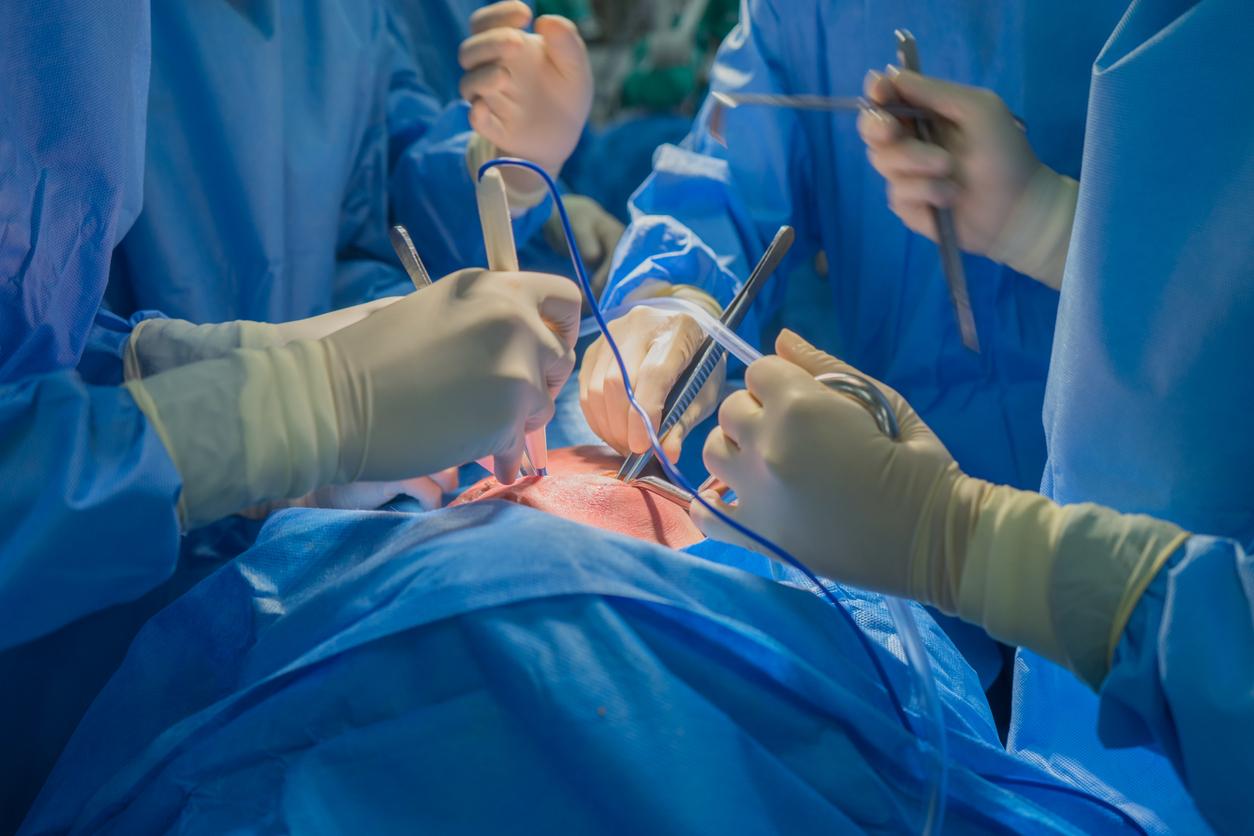Iron supplements would increase the hemoglobin level of children with human immunodeficiency virus (HIV) and anemia, even though this trace element is generally prohibited for them.

- In children with HIV, it is usually forbidden to take iron supplements because there is a risk of infection.
- In their study, researchers tested iron supplements in children born with HIV, who had received antiretroviral treatment for at least six months, and who were also anemic.
- Children who received iron had higher hemoglobin concentrations, without an increased risk of infection.
Worldwide, more than 2.5 million children and adolescents live with the human immunodeficiency virus (HIV), according to UNICEF, which indicates on its site that the most affected area is sub-Saharan Africa. Among them, only 57% of 0-14 year olds receive antiretroviral treatment which, according to UNAIDS“prevents HIV from multiplying, (…) can make the virus disappear in the blood (…) and thus allows the patient’s immune system to recover, overcome infections and avoid the development of AIDS and other long-term effects of HIV infection”.
200 children with HIV receive iron supplements or placebos
In affected children, it is usually forbidden to take iron supplements because there is a risk of infection. But, in a new study published in the journal The Lancet HIVresearchers wanted to test the benefits of this trace element in these patients. For people who do not have HIV, iron is necessary for the production of hemoglobin, according to Vidal. L’National Institute of Health and Medical Research (Inserm) defines hemoglobin as a protein which ensures the oxygenation of our entire body.
In their study, researchers tested iron supplements in 200 children with HIV who had received antiretroviral treatment for at least six months. In addition to HIV, they also suffered from anemia, that is to say a abnormal drop in hemoglobin level in the blood. The participants were divided into two groups: those who received iron supplements, and those to whom the researchers administered placebos. The treatment lasted three months, between May 2018 and November 2019.
Better hemoglobin levels thanks to iron supplements
Results: Children who received iron had higher hemoglobin concentrations and better markers of iron nutrition than those in the placebo group. Additionally, researchers observed no additional risk of infection in children who received iron supplements.
The results of this study are therefore positive for children suffering from HIV and anemia. In the future, scientists wish to continue their research to better evaluate the impact of iron intake in children with HIV and its possible impact on neurological development.
“Thanks to the success and widespread availability of antiretroviral therapy (ART), children with HIV in sub-Saharan Africa are living longer, and optimizing their brain development is a new public health imperative”, says Sarah Cusick, one of the authors, in a press release. Without treatment, Unicef estimates that 50% of children born with HIV die before two years.

















